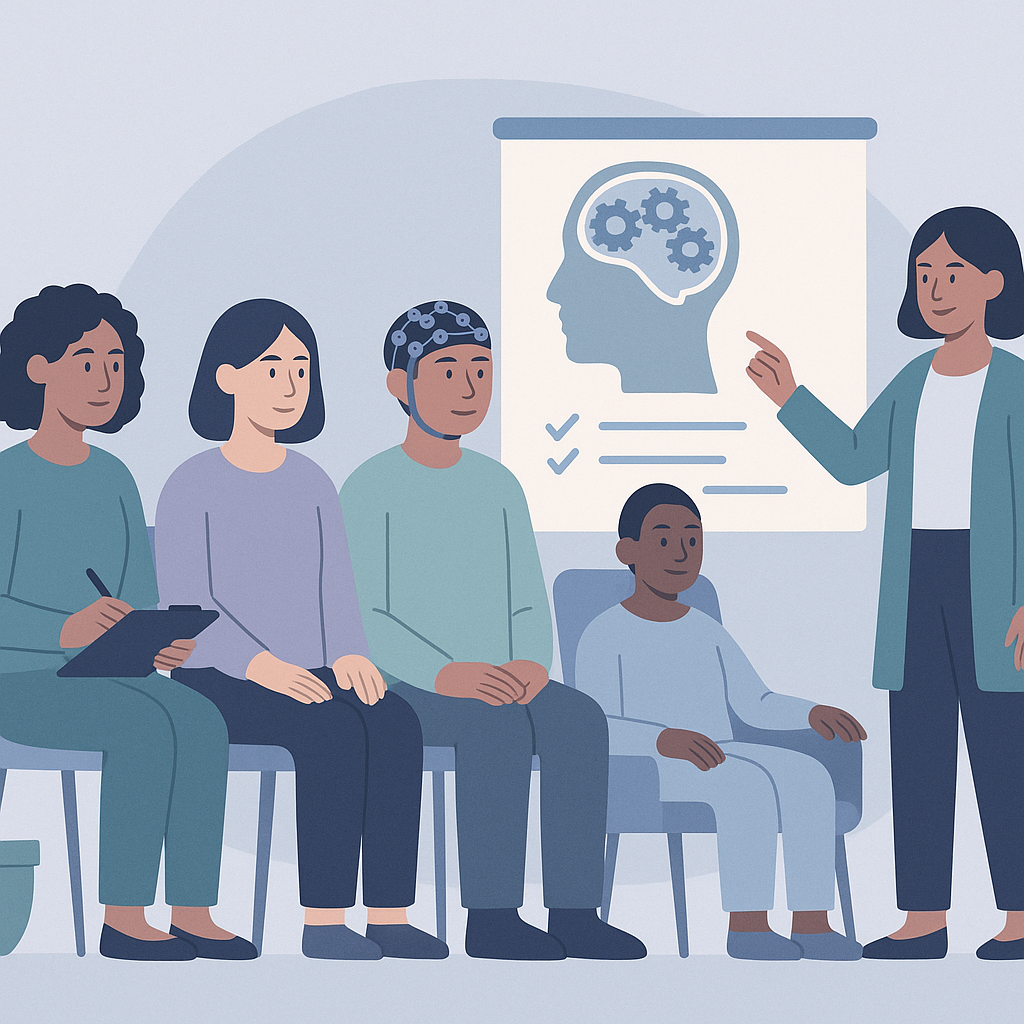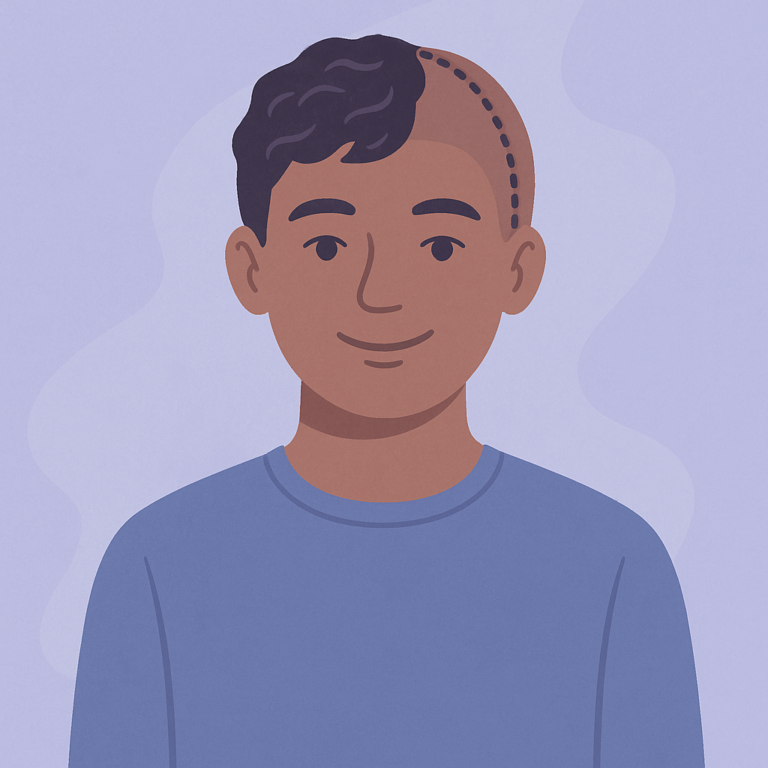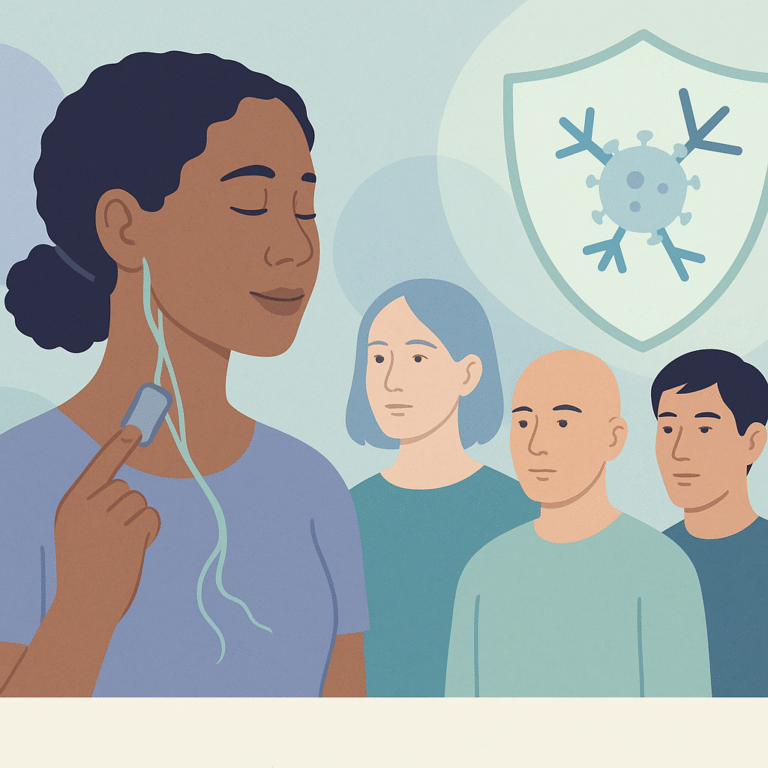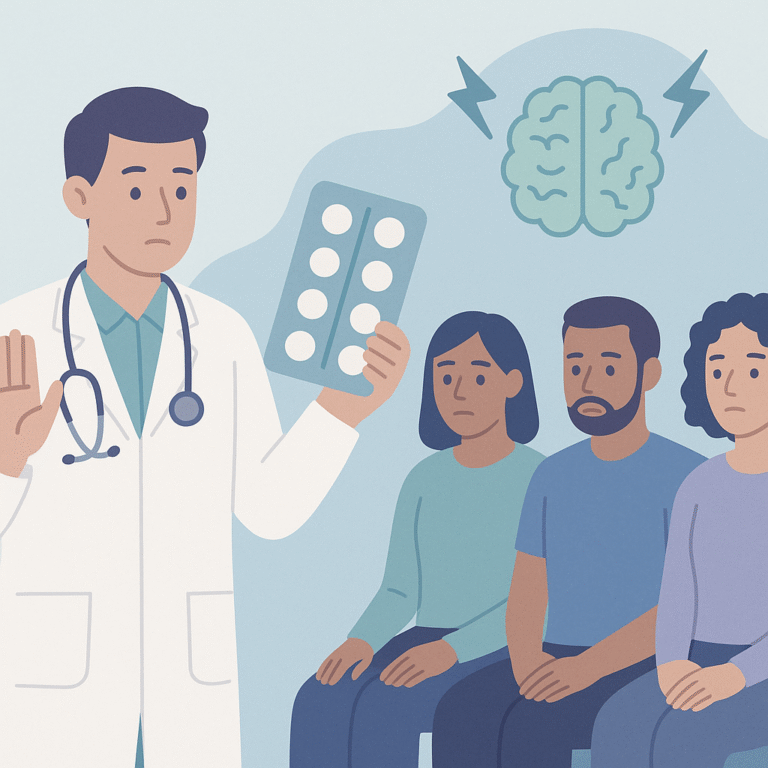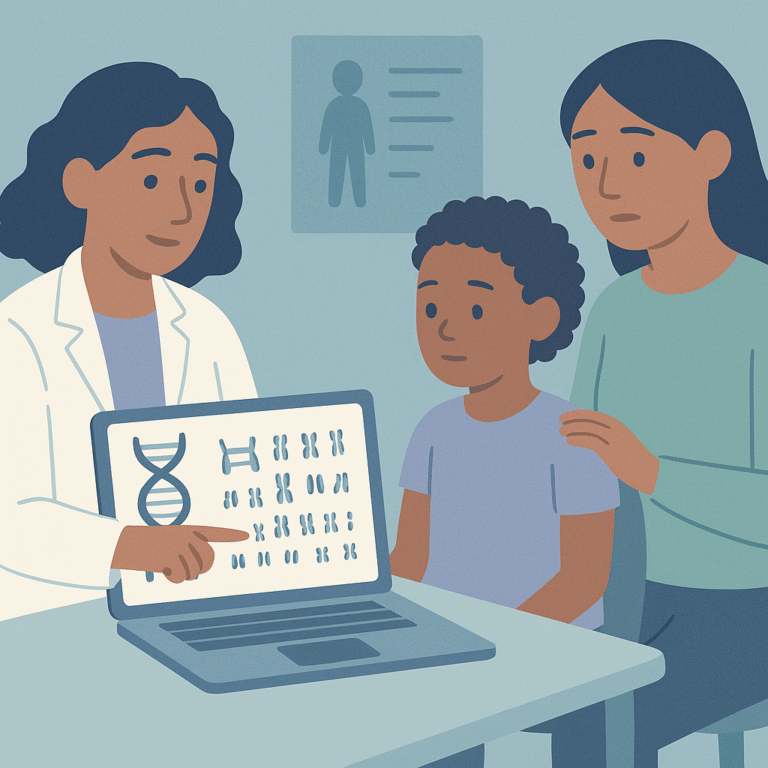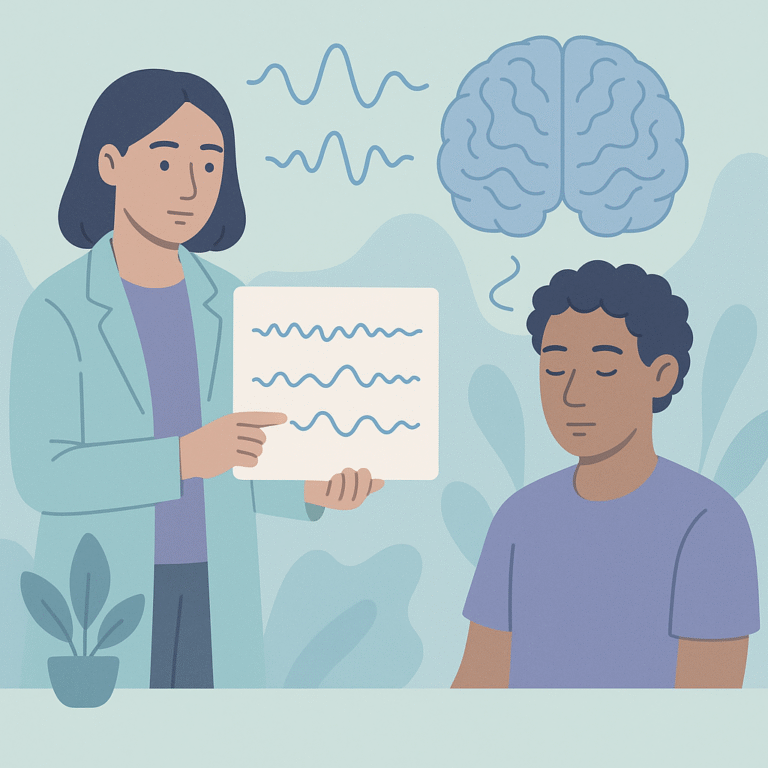Neuropsychological Interventions Improve Cognition in Epilepsy Patients
Source: Neuropsychology review
Summary
This study looked at how effective neuropsychological interventions are in improving thinking skills in people with epilepsy. Researchers reviewed 1,363 articles and found 25 that met their criteria for inclusion. The participants included both adults and children with epilepsy, and the goal was to see if specific cognitive training could help enhance their cognitive abilities.
The results showed that these interventions had a moderate positive effect on cognition in adults, particularly in areas like attention, immediate memory, delayed memory, and language skills. For children, the effects were even stronger, especially in attention and working memory. However, when comparing with control groups (those not receiving any intervention), the improvements in adults were less clear, and some brain training games even seemed to lead to worse outcomes.
These findings are important because they suggest that targeted cognitive interventions can be beneficial for people with epilepsy, potentially helping them improve their thinking skills. However, the study also has limitations, such as the lack of strong control comparisons in some cases and the mixed results for children. More research is needed to confirm these effects and to understand the best types of interventions for different age groups.
Free: Seizure First Aid Quick Guide (PDF)
Plus one plain-language weekly digest of new epilepsy research.
Unsubscribe anytime. No medical advice.